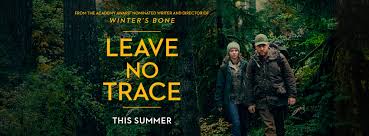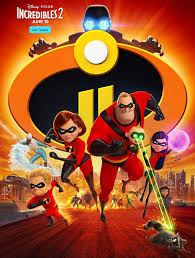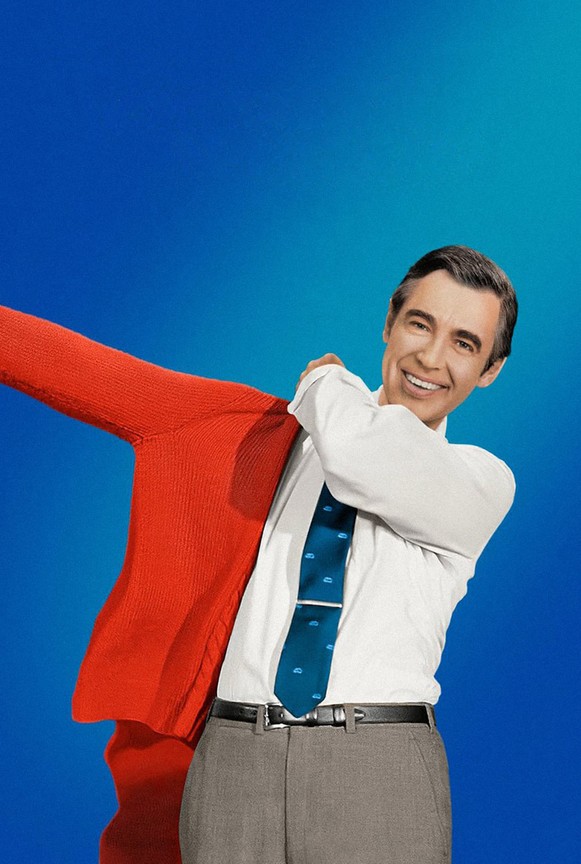Leave No Trace
Posted on June 28, 2018 at 5:20 pm
B +| Lowest Recommended Age: | Middle School |
| MPAA Rating: | Rated PG for thematic material throughout |
| Profanity: | Mild language |
| Alcohol/ Drugs: | Pharmaceuticals |
| Violence/ Scariness: | Peril, injury, some disturbing images, family issues, military-related PTSD |
| Diversity Issues: | None |
| Date Released to Theaters: | June 29, 2018 |
| Date Released to DVD: | October 1, 2018 |

Author Peter Rock’s novel My Abandonment was inspired by a news story reporting that a father and daughter were living off the grid but in plain sight, camping out in a Portland, Oregon public park. Writer/director Debra Granik (“Winter’s Bone”) has now adapted the story in a quiet wonder of a film called “Leave No Trace,” starring Ben Foster and newcomer Thomasin Harcourt McKenzie.
Foster, who spent weeks learning survival skills, has said in interviews that with Granik’s permission he removed 40 percent of the words in the script, which wisely lets the images tell the story. We first see Will (Foster) and Tom (McKenzie) companionably doing their daily chores, completely at home with each other and the woods. They do not need to speak. Each knows exactly what to do and each motion is as familiar as a morning stretch but as precise and synchronized as an intricately choreographed tango. When Will calls a drill, Tom knows how to hide. Their world may be Edenic, just two human creatures in tune with nature, but they are also constantly on the alert. If they are spotted, they will have to leave and go to places where there are rules and walls and jobs and school.
They make regular trips to the world outside to get provisions. “Need or want?” Will asks when Tom hopeful shows him a candy bar. “Want,” she admits. But he gets it for her anyway. Their devotion to one another is deep and palpable. She trusts him completely. She is everything to him.
And then they are spotted. They are suddenly in the system. Social services does its best to respect their wish to be isolated, using the diplomatic term “unhoused” instead of “homeless,” and finding a place for them to live and a job that is as unobtrusive on their freedom as possible. But Will, who is a veteran and may have PTSD, chafes at being told what to do. Tom, on the other hand, finds that the world outside the park has some intriguing possibilities. Will engages in that most fatherly of tasks, teaching Tom to ride a bicycle. Tom gets a chance to talk to other people. There’s a boy who raises rabbits and tells her about the activities at 4H.
Will tells Tom they have to leave. In their efforts to find a new home, they encounter some obstacles, but also some people who respect the need for privacy and living off the grid.
Debra Granik has a great gift for finding extraordinary young actresses (she picked Jennifer Lawrence for “Winter’s Bone”) and guiding them through stories of subtle complexity and humanity. “Without a Trace” is on its surface a story of a father and daughter living off the grid, on the fringe of society. In reality, it is a heightened version of the relationship every parent has with a child, the irrational efforts we make to protect them from what we see as threats, and the bittersweetness of seeing them become their own people, with their own lives, destinies, and decisions. We see Thomasin Harcourt McKenzie’s character first as living entirely in the world her father has created for her, looking to him for everything she has to know. And then we see the small moments and realizations that lead her to believe in her own voice about her future. “Want or need?” is still the question, but they may have different answers.
Beautiful performances by McKenzie and Ben Foster, a compassionate screenplay co-written by Granik, and an intimate, naturalistic style of storytelling make this a thoughtful meditation on parents and children, on damage and courage, on communities we create, and on what we mean by home.
Parents should know that this movie’s themes include PTSD, family issues, loss of a parent, and some peril and off-screen violence.
Family discussion: What was Will trying to protect Tom from? If they had not been discovered, would Tom have made a different decision?
If you like this, try: “Winter’s Bone” and “Captain Fantastic”








